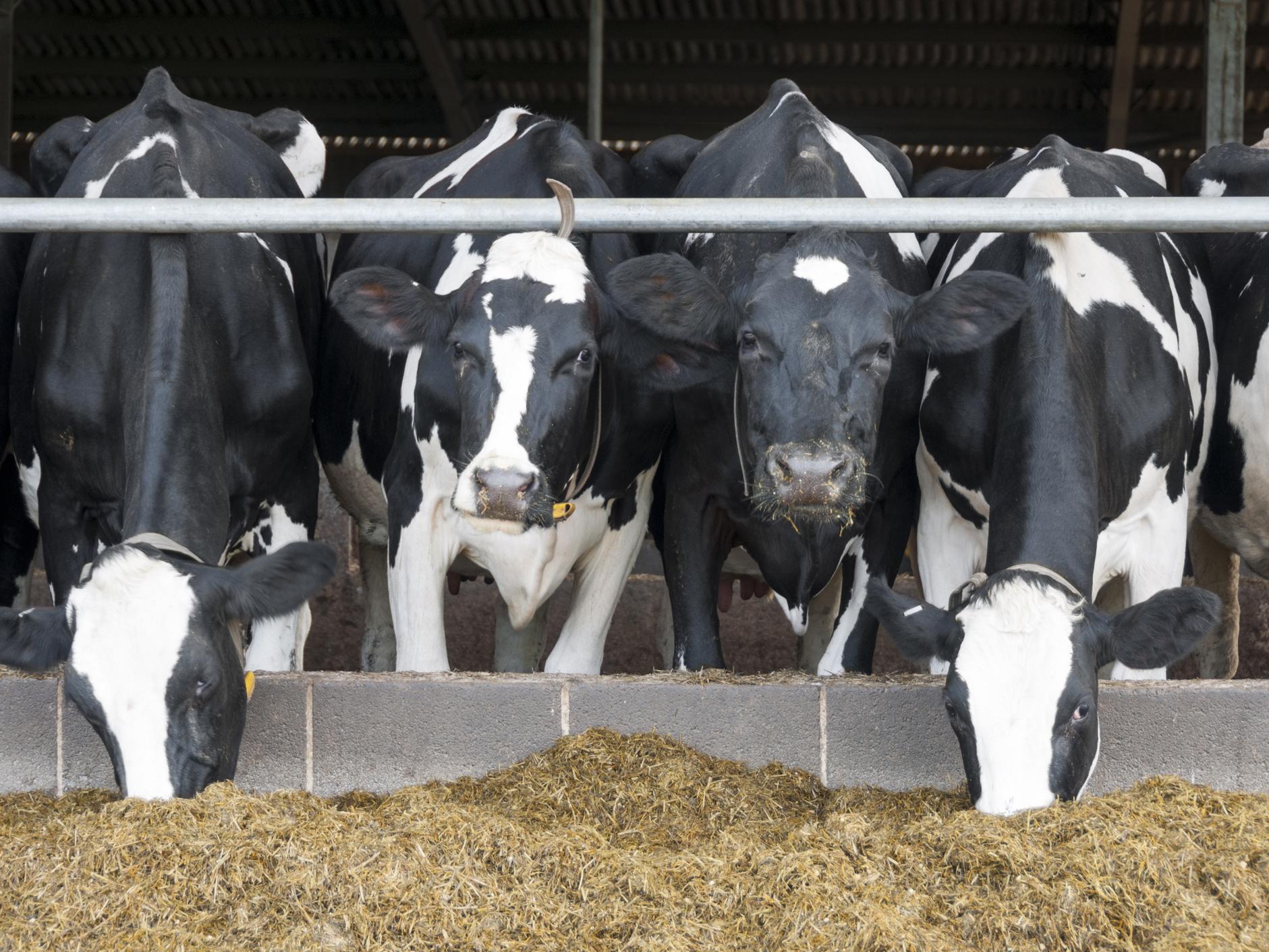Irish government using wrong data to downplay greenhouse gas emissions from cows
National Trust for Ireland accuses environmental ministers of 'misleading' public about climate impact of Ireland's growing dairy herd

The Irish government is misleading the public about levels of greenhouse gas emissions from the nation’s cows, according to An Taisce - The National Trust for Ireland.
As the country's dairy herd has grown in recent years, emissions of climate change-inducing gases from the livestock have also increased.
In April, agriculture minister Michael Creed told Irish parliament: “in the five-year period 2012-2016, dairy cow numbers have increased by 22 per cent and corresponding milk production by 27 percent while emissions increased just 8 per cent, demonstrating a level of decoupling is occurring.”
His point was echoed by other senior officials and ministers in the agriculture department, each indicating that while milk production had been increasing substantially, emission increases had remained low.
Data collected by the Irish Environment Protection Agency (EPA) refutes these claims – suggesting the increase in emissions from dairy cows has closely matched the increase in both animals and milk volume.
As cow numbers and milk production went up by 22 and 27 per cent respectively over a four year period ending in 2016, emissions from dairy shot up by 24 per cent.
When An Taisce learned of these statements, the organisation asked Mr Creed to formally correct government records to recognise the error, the investigative news website DeSmogUK reported.
Mr Creed acknowledged that the claim of “just 8 per cent” is based on agriculture as a whole, so reflected the fact that while the dairy sector has been rapidly expanding, other sectors have been contracting.
The minister stated it is “valid to consider the sector as a whole in presenting this data”.
An Taisce described this response as “simply indefensible”.
“It seems the minister is now willing to mislead the Dáil [Irish parliament] and the public, even when called out. This is unacceptable,” it said. “We now publicly call on the minister to correct the Dáil record as a matter of urgency”.
Ireland’s dairy industry has been in the spotlight due to the disproportionately large contribution Irish agriculture makes to emissions compared to the rest of Europe.
Overall agriculture contributes to a third of the country’s total greenhouse gas output, and is the single largest contributor across Ireland.
Cows play a major role in agricultural emissions due to the large volumes of methane they emit as microbes in their guts process and ferment high fibre foods.
Irish farming organisations and politicians have called for research into seaweeds and other specialist feeds that can reduce the quantity of methane emitted by cows.
However, such actions may not be enough to help Ireland meet its climate targets. EPA projections suggest the nation is on track to reduce carbon emissions by only 1 per cent by 2020, instead of the 20 per cent target set by the EU.
Irish prime minister Leo Varadkar has admitted that he is “not proud of Ireland’s performance” on climate, but agricultural emissions are continuing their steady rise as the national dairy herd increases in size.
The Irish Department of Agriculture had not responded to a request for comment at the time of publication.
Join our commenting forum
Join thought-provoking conversations, follow other Independent readers and see their replies
Comments
Bookmark popover
Removed from bookmarks